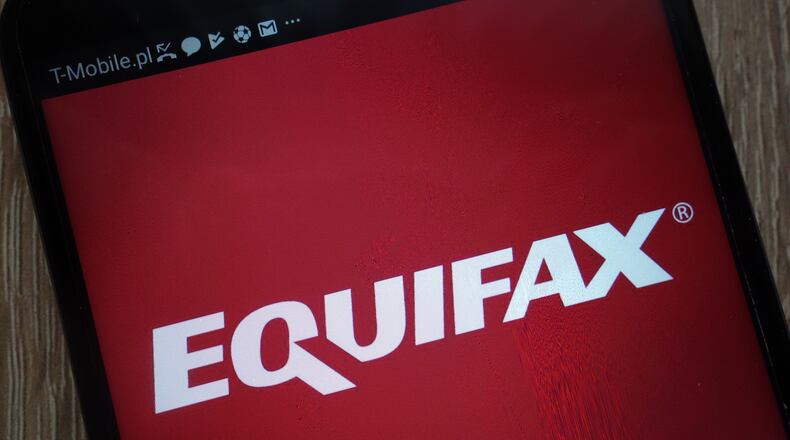Atlanta-based Equifax has confirmed that it provided incorrect credit scores due to a technology glitch earlier this year, affecting hundreds of thousands of people who were seeking loans.
The problem — which took place over a period of about three weeks in March and April — meant some scores were higher or lower than justified by a consumer’s financial history. Those ratings were used by lenders in making decisions about providing mortgages, auto loans and other debt.
While consumer advocates decried the mistake and called for an investigation, the company chalked the problem up to a “coding issue” in its software and said the problem did not affect any individual’s credit reports.
The issue, which the company said lasted from March 17 to April 6, was first reported in National Mortgage Professional. Earlier this week, the Wall Street Journal said credit scores were inaccurate for millions of borrowers.
The “vast majority of scores” were not affected and the glitch was fixed, the company said in a statement. “We know that businesses and consumers depend on our data and Equifax takes this technology coding issue very seriously.”
Equifax has about 13,000 employees, including 2,500 in Atlanta.
The company collects information about hundreds of millions of individuals and companies, files that show whether someone is applying for debt and whether they generally pay their debts on time. Equifax, like other credit-gathering companies, sells that data to lenders, who use the reports and credit scores in deciding whether to offer a loan and what kind of interest to charge.
After some “initial analysis,” Equifax said it believes that lenders changed their credit decision for only “a small number” of people who were given the wrong scores. But the sheer volume of the company’s data-gathering means that even a fraction can be a large number.
Credit scores were changed by 25 points or more for fewer than 300,000 consumers, the company said in a statement.
Equifax has been intimately involved in much of the American economy. However, for much of its history it was little-known, before becoming something like a household name in 2017 when a hack exposed sensitive personal information of nearly 150 million Americans.
That breach, one of the largest known hacks into consumer data, led to the departure of the company’s top executive and a settlement in which the company paid hundreds of millions of dollars.
While the impact of the incorrect credit scores seems far more modest than the 2017 breach, the latest problem raises similar questions, said Mike Litt, consumer campaign director for US PIRG, a federation of state public interest research groups that advocate for consumers.
“Equifax has shown once again that we can’t trust it to do its one job,” he said in a statement. “Mistakes on credit scores can keep people from getting mortgages, good interest rates or even a job.”
Federal regulators should have a closer look, he said.
The company should be required to provide more information, Litt said. “For starters, what caused the coding issue? How exactly will it be prevented in the future? Are there other problems we don’t know about?”
About the Author
Keep Reading
The Latest
Featured



